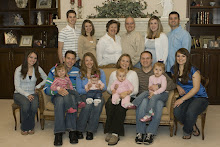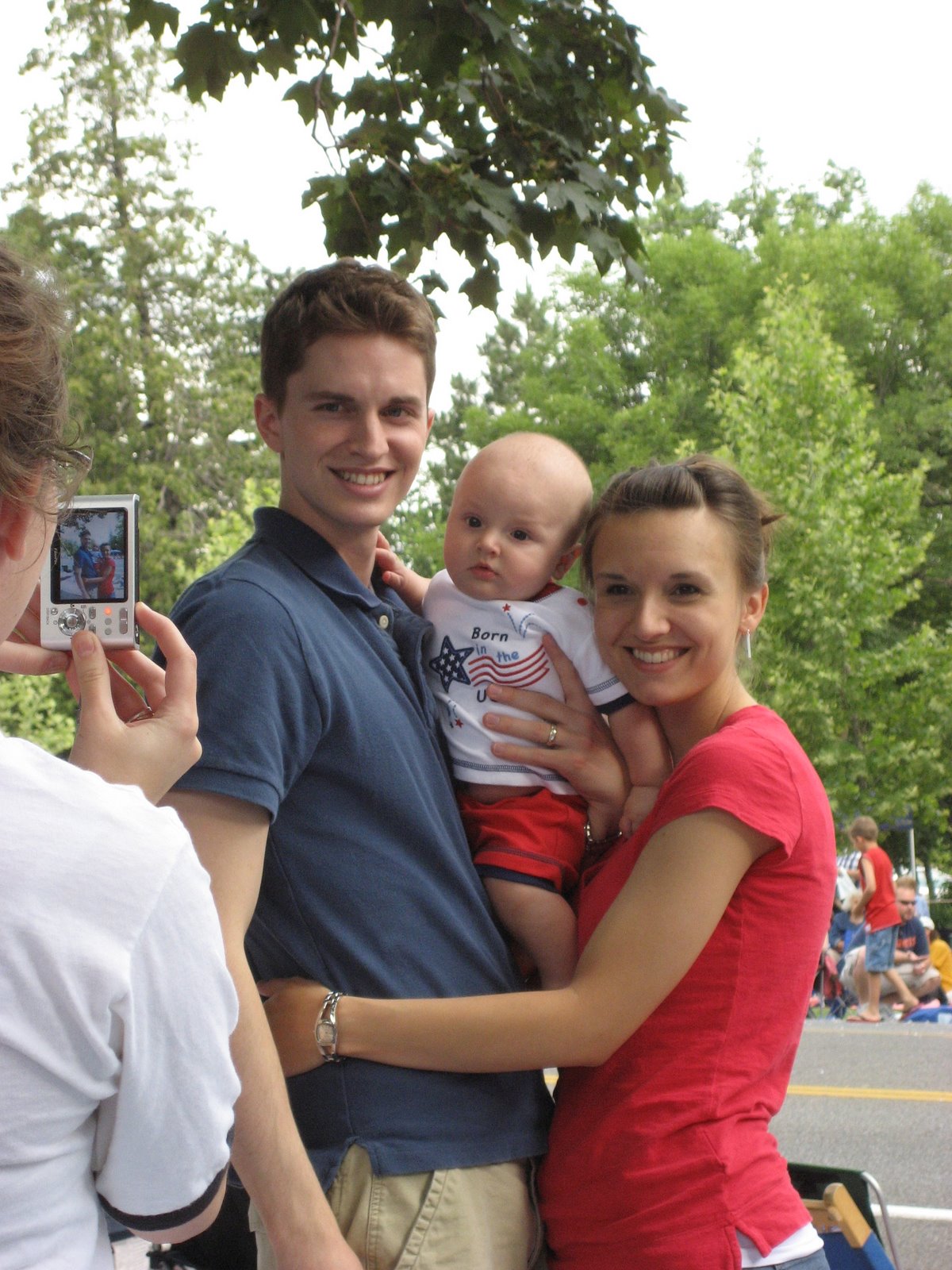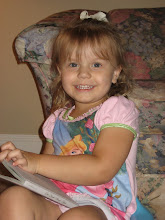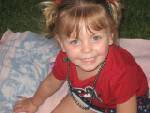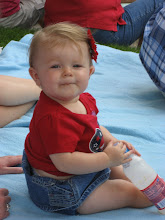
This is the presentation that my sister Deena gave at our father's funeral service in Mapleton, Utah, this past Tuesday.
I have been asked to give a biographical sketch of my Dad. As you can imagine, trying to summarize his life in just a few minutes is quite a challenge. So I will try to highlight the significant accomplishments in his life.
Loyal Dee Hastings was born on October 28, 1932 in Norman, Oklahoma to Joel Henry Hastings and Alvaretta Marie Haynes.
He was the youngest of six children with two older sisters and three older brothers.
His early years were spent in Norman, where his family operated a laundry service out of their home and took in occasional boarders.
Dad was raised during the great depression and the lessons of thrift and industry that characterized his life began there.
Dad's uncle Monroe Hastings was introduced to the gospel in Pietown, New Mexico by Mormon Missionaries from across the border in Springerville and Eagar, Arizona. He convinced his brother, Joel, my grandfather to leave the dustbowl of the depression laden Oklahoma. He sold everything they had in Normon and subsequently moved to a small farm in Albuquerque, New Mexico.
Joel and Alvaretta and their younger children listened to the missionaries and were baptized members of the Church of Jesus Christ of Latter-day Saints.
In High School, Dad was the lead in several musical theater productions and was known for his glorious singing voice and larger than life personality.
Upon completion of High School, he went to Provo, Utah to attend BYU. While there he was president of the Tausig social unit and participated in the Air Force ROTC program.
Work and self sufficiency were always important to Dad. He painted houses, mowed lawns, and worked as a soda jerk at B&H pharmacy in downtown Provo to work his way through college.
Dad was anything but shy and late one winter night after losing a bet to his room mates he went to pick up ice cream at the Malt Shop. Dressed in a coat and boots pulled over his pajamas he walked into the shop and met the love of his life, Janice Mendenhall, a petite black haired beauty from Mapleton Utah.
For Dad it was love at first sight. He actively pursued Mom and would call down to her from his bedroom window at Mrs. Baird’s boarding house and walk to school with
her.
After a year long courtship they were married and sealed for time and all eternity in the Manti Utah temple on June 18, 1953.
He graduated from BYU with a degree in political science finishing near the top of his class and was commissioned as a 2nd lieutenant in the USAF.
Their first son, Danny was born while they were at BYU.
Flying was one of Dad’s passions. His distinguished 22 year military career as a fighter pilot was the highpoint of his life. Patriotism and loyalty to his country were a key part of his character.
He was a highly decorated officer and quickly rose though the ranks in his chosen profession.
As their family grew, they began the tradition of naming their children beginning with the letter “D.”
“D” number 2, Diane was born while they were stationed at Bartow Florida for basic pilot training.
As basic training contiued at Williams AFB in Arizona, “D” number 3, Debby joined the family.
“D"s 4 and 5, David and Douglas were born during the time they lived in Clovis New Mexico where the family was stationed at Cannon AFB. There he flew the F100 fighter.
During their time at Cannon, he was selected as an air training officer and had an assignment to go to the newly created Air Force academy at Colorado Springs.
Upon his return to New Mexico, he received a new assignment sending them overseas to RAF Bentwaters in England, where they lived for three years.
Upon returning stateside they settled once again in Utah where Dad taught in the AF ROTC program at BYU and obtained his Masters Degree in Public Administration.
Then came “D” number 6, Deena.
Dad’s next assignment took them to Davis- Monthan AFB in Tucson Arizona, where Dad served as a flight instructor, for pilots training to fly the F4 Phantom jet.
He willingly served a year in Vietnam at Cam Rahn Bay. This was a time of great personal and spiritual growth for Dad. He was called to served as the LDS serviceman's group leader, which provided Sunday services and spiritual support for servicemen in that area. They had several conversions. ONe of the men who attended Dad's funeral service was a man athat Dad baptized 40 years ago in the South China Sea.
After he tour of duty in Vietnam, the family left Tucson, but stayed in Arizona and moved to our current home in Glendale where “ D” number 7, Dawna was born.
The early 1970’s brought change once again as the family was stationed for 3 ½ years in Japan.
This was a time of great professional and church responsibilities for Dad. He was called to serve as the LDS serviceman's District president when the Tokyo Temple was announced.
In 1976 the family returned home to the states and spent 6 months at Hill AFB in Ogden Utah where Dad retired from his military service.
When they returned to Glendale our 8th “D” Deanna or Annie was born and our family was complete.
Post retirement he continued to work hard including being managing partner of a Lube and Oil change business, and as a project manager for the painting contractor at the SRP pumping stations. He also taught business classes at Glendale Community College.
After the children were grown, he retired and in 1999, Dad and Mom realized a lifelong goal to serve a mission with his sweetheart to the Washington D.C Temple.
Dad loved to visit temples and perform temple ordinances. It was his goal to perform ordinances in all the temples in the continental United States and Canada, a goal he and Mom accomplished.
Service to others was a way of life for him. Although he served in many capacities over the years, one of the most important to him was being a Home Teacher. There was no service too small or inconvenient for Dad.
His gospel knowledge was broad and extensive and his love of the gospel and the scriptures, total and complete. But most of all, Dad loved the Lord.
As the family grew, so did his love for our mother. Dad loved and enjoyed his 36 grandchildren and 18 great grandchildren. They were the joy of his life and he spent countless hours in service to them and in fun with them.
Dad passed away unexpectedly April 21, 2009.
Our hearts are broken and we will miss him, but we stand united as his children and loved ones, to the gospel and values he taught us and to his legacy of lov



